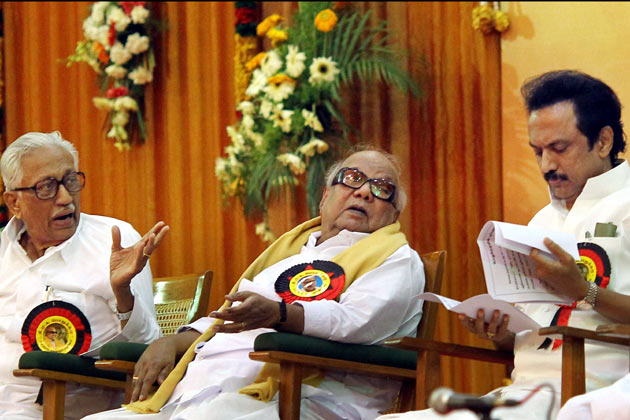Jun 19: Billionaire Mukesh Ambani on Friday announced that his oil-to-telecom conglomerate Reliance Industries is now net debt-free after raising a record Rs 1.69 lakh crore from global investors and a rights issue in under two months.
Reliance raised Rs 1.15 lakh crore from global tech investors by selling a little less than a quarter of the firm's digital arm, Jio Platforms Ltd, and another Rs 53,124.20 crore through a rights issue in the past 58 days.
Taken together with last year's sale of 49 per cent stake in fuel retailing venture to BP Plc of UK for Rs 7,000 crore, the total fund raised is in excess of Rs 1.75 lakh crore, the company said in a statement.
Reliance had a net debt of Rs 1,61,035 crore as on March 31, 2020. "With these investments, RIL has become net debt-free," it said.
"I have fulfilled my promise to the shareholders by making Reliance net debt-free much before our original schedule of March 31, 2021," Ambani said.
Jio Platforms - which houses the country's youngest but largest telecom firm Reliance Jio, raised Rs 1,15,693.95 crore from leading global investors including Facebook, Silver Lake, Vista Equity Partners, General Atlantic, KKR, Mubadala, ADIA, TPG, L Catterton and PIF since April 22, 2020.
Saudi Arabian sovereign wealth fund PIF buying 2.32 per cent stake in the unit for Rs 11,367 crore on June 18 "marks the end of Jio Platforms' current phase of induction of financial partners," the statement said.
Alongside, Reliance launched India's biggest right issue, which was subscribed to 1.59 times.
Though the rights issue size was Rs 53,124 crore, the company has got only 25 per cent of the money as the remaining is to be paid only next fiscal.
Ambani had at the company's annual general meeting on August 12, 2019, announced a roadmap for Reliance to become a net debt-free company before March 31, 2021.
"We have a very clear roadmap to becoming a zero net-debt company within the next 18 months that is by March 31, 202," he had said last year highlighting strong interest from strategic and financial investors in consumer businesses, Jio and Reliance Retail.
In the statement on Friday, he said he was both delighted and humbled to announce the fulfillment of the promise.
"Exceeding the expectations of our shareholders and all other stakeholders, again and yet again, is in the very DNA of Reliance," he said.
"Therefore, on the proud occasion of becoming a net debt-free company, I wish to assure them that Reliance in its Golden Decade will set even more ambitious growth goals, and achieve them," he added.
He said over the past few weeks, phenomenal interest was received from the global financial investor community in partnering with Jio.
"As our fundraising milestone from financial investors is achieved, we sincerely thank the marquee group of financial partners and warmly welcome them into Jio Platforms," he said.
"I also express my heartfelt gratitude to all the retail and institutional investors, both domestic and foreign, for their overwhelming participation in our record-setting Rights Issue," he added.






Comments
Add new comment